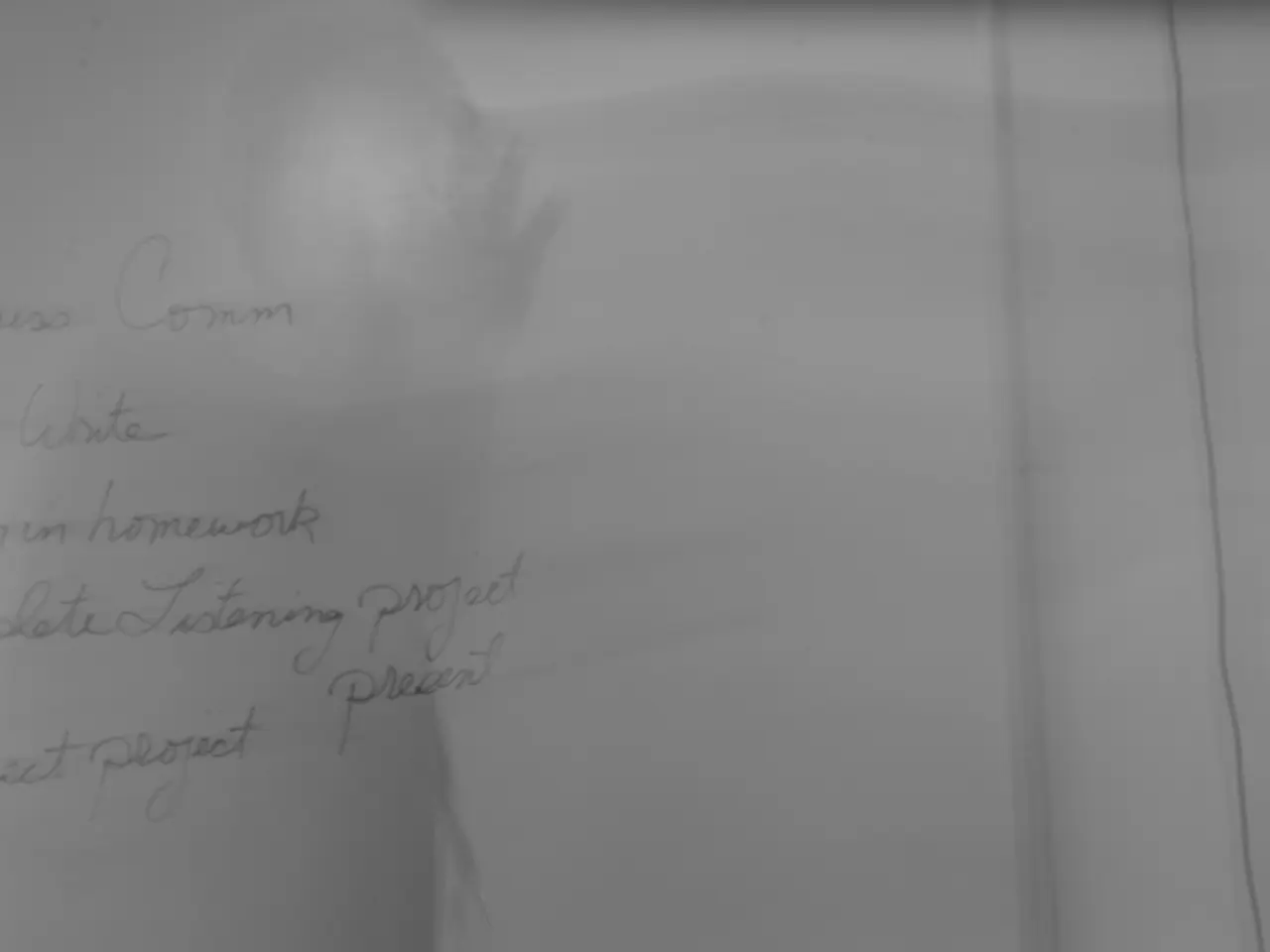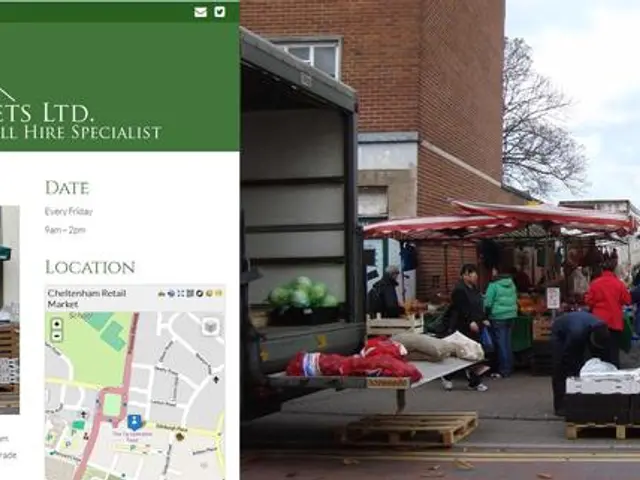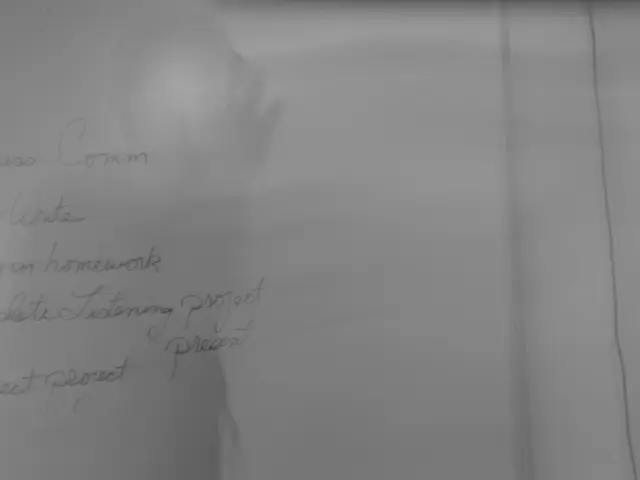intensified antitrust investigations persist in the American pharmaceutical sector, fueled by disputes over competition and pricing strategies
The pharmaceutical industry in the United States continues to grapple with the fallout from the landmark Supreme Court decision in FTC v. Actavis, Inc. (2013), which heightened antitrust scrutiny of reverse-payment settlements, also known as "pay-for-delay" agreements. These agreements involve brand-name drug companies compensating generic competitors to delay market entry, potentially stifling consumer competition.
Since Actavis, courts and enforcement agencies have been tasked with discerning between anticompetitive reverse payments and legitimate settlement payments, such as litigation fees under $7 million. The Federal Trade Commission (FTC) has reported a decline in reverse payment agreements most likely to harm consumers, along with increased scrutiny of arrangements like "no-authorized generic" agreements and “most-favored-entry” (MFE) clauses in Hatch-Waxman settlements.
Significantly, a recent court ruling in the Pomalyst case held that an MFE clause does not inherently violate antitrust laws, emphasizing that context matters rather than deeming these provisions per se unlawful. Regarding pleading standards in pharmaceutical antitrust cases, courts now require plaintiffs to provide more than mere allegations of reverse-payment settlements and must show plausible anticompetitive effects and lack of legitimate justification.
In recent court decisions, aside from Pomalyst, there have been significant litigation outcomes shaping patent and antitrust law interplay. For instance, the Sovaldi® case delved into inequitable conduct in patent enforcement, which influences freedom-to-operate (FTO) analysis critical to generic entry timing. Government-led enforcement continues robustly under recent policy initiatives, such as Executive Order 14273 signed in April 2025, which mandates federal agencies like the FTC and DOJ to coordinate efforts to dismantle anticompetitive pharmaceutical practices and enhance transparency and competition.
The Supreme Court in Actavis expressly reserved an option for innovators to provide financial settlement consideration to generic companies beyond the value of early entry alone. Examples of non-cash transfers of value that have been considered include no-authorized generic agreements and co-promotion arrangements. Some courts have concluded that non-cash transfers of value from a brand company to a generic company at or near the time of their patent settlement can be considered reverse payments.
The Actavis decision has not set a definitive monetary estimate requirement for plaintiffs in reverse-payment cases. Courts have explained that plaintiffs must 'plead information sufficient to estimate the value' of the non-cash transfer. The application of the rule of reason to alleged reverse-payment settlements is still ongoing in lower courts, with the Supreme Court in Actavis delegating this task to them. The Supreme Court in Actavis held that the FTC must prove its case as in other rule-of-reason cases.
To date, more than 35 antitrust cases have been filed or revived under the US Supreme Court's decision in FTC v Actavis, signifying the ongoing importance of this issue in the pharmaceutical industry. This evolving landscape reflects ongoing efforts to reduce drug prices by promoting generic competition while ensuring settlements that lawfully resolve patent disputes are not unduly hindered.
- In the pharmaceutical industry, law firms providing antitrust services are busy managing an increase in reverse-payment settlements litigation, such as the one involving Actavis, as companies strive to understand the legal boundaries of their agreements with generic competitors.
- A business associate in a law firm's litigation department, focusing on antitrust matters, can expect intense scrutiny on cases related to reverse-payment settlements and the application of the rule of reason post-Actavis.
- Financial investors seeking opportunities in the pharmaceutical sector should factor in the impact of antitrust litigation on settling patent disputes and promoting generic competition, as ruled by the Supreme Court in Actavis.
- Partnering with a law firm with expertise in antitrust and pharmaceutical law could be beneficial for a brand-name drug company navigating the legal complexities of reverse-payment settlements, like the non-cash transfers of value discussed in Actavis.
- As government policy initiatives, such as Executive Order 14273, strengthen enforcement against anticompetitive pharmaceutical practices, partnering with an experienced legal team, adept in antitrust and finance matters, becomes crucial in maintaining a competitive edge in the industry.




